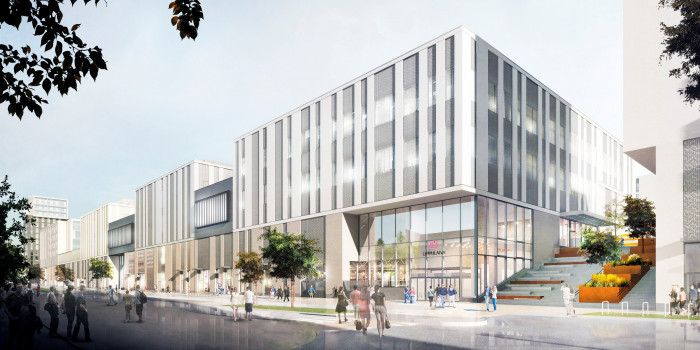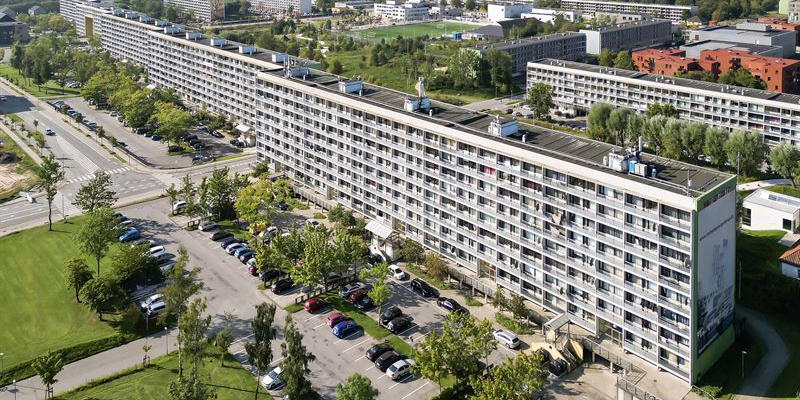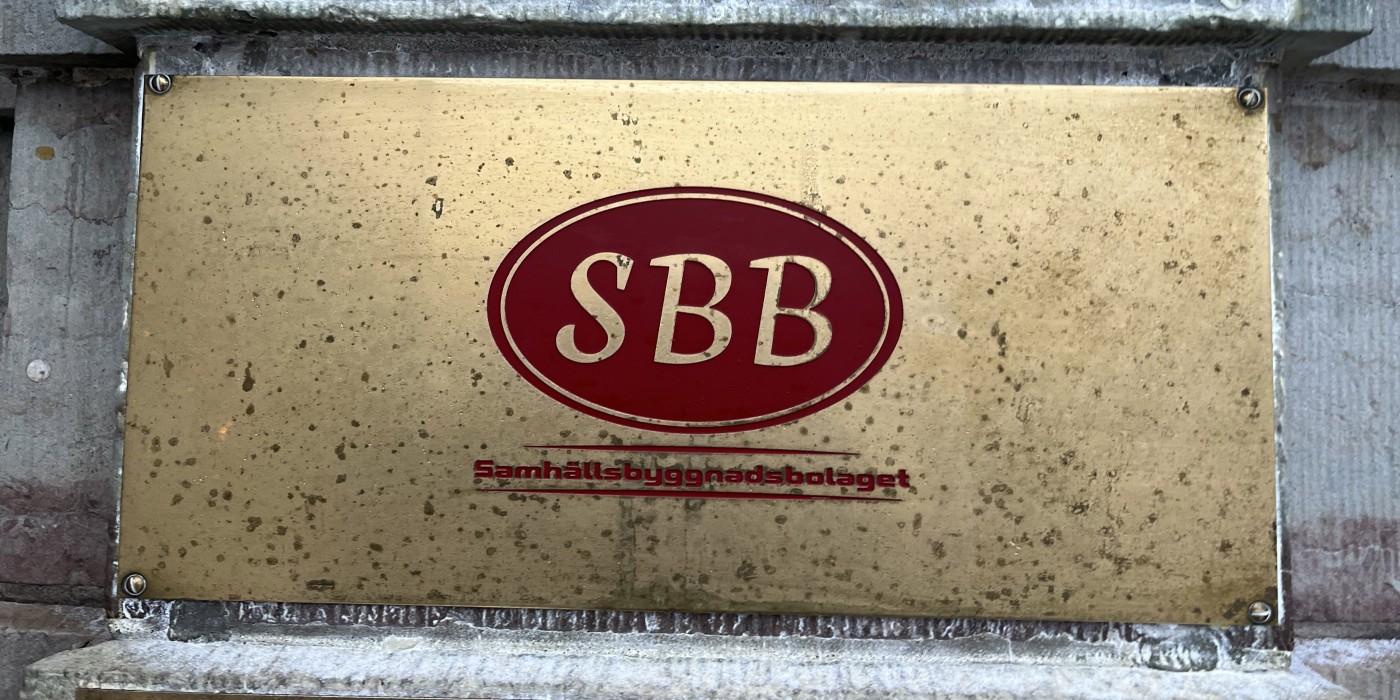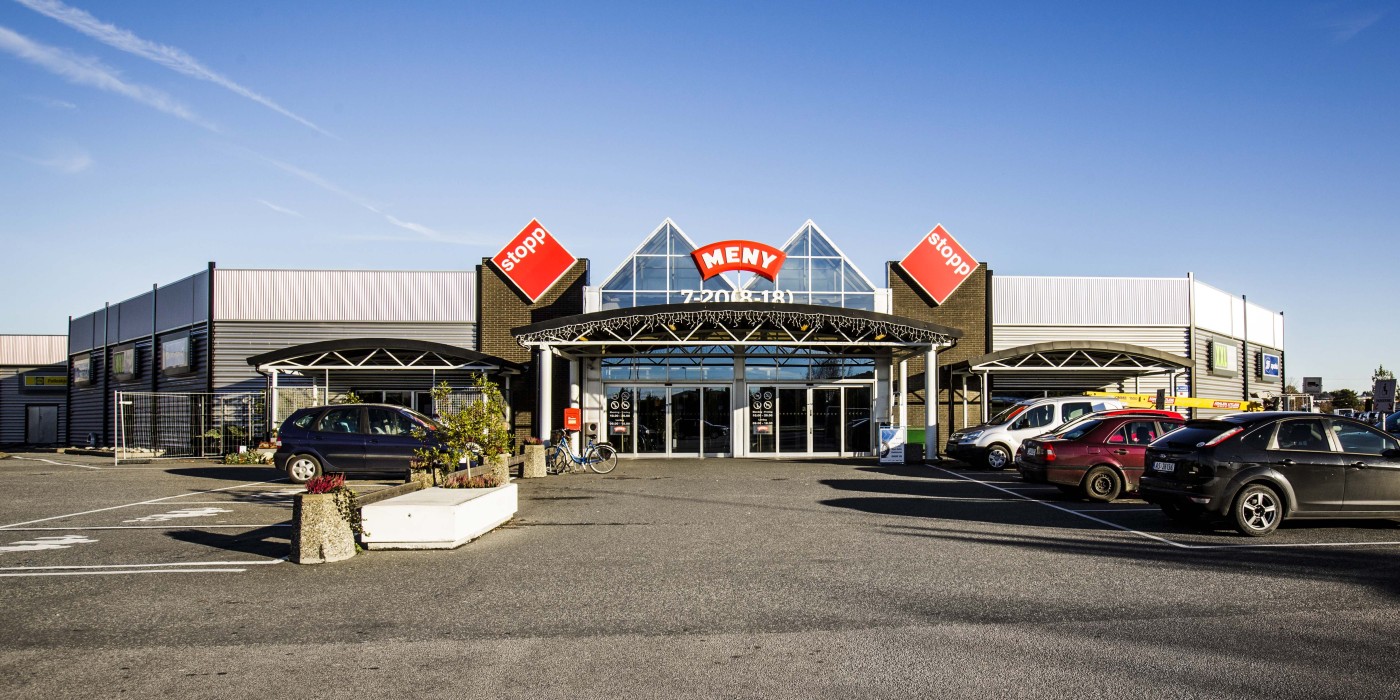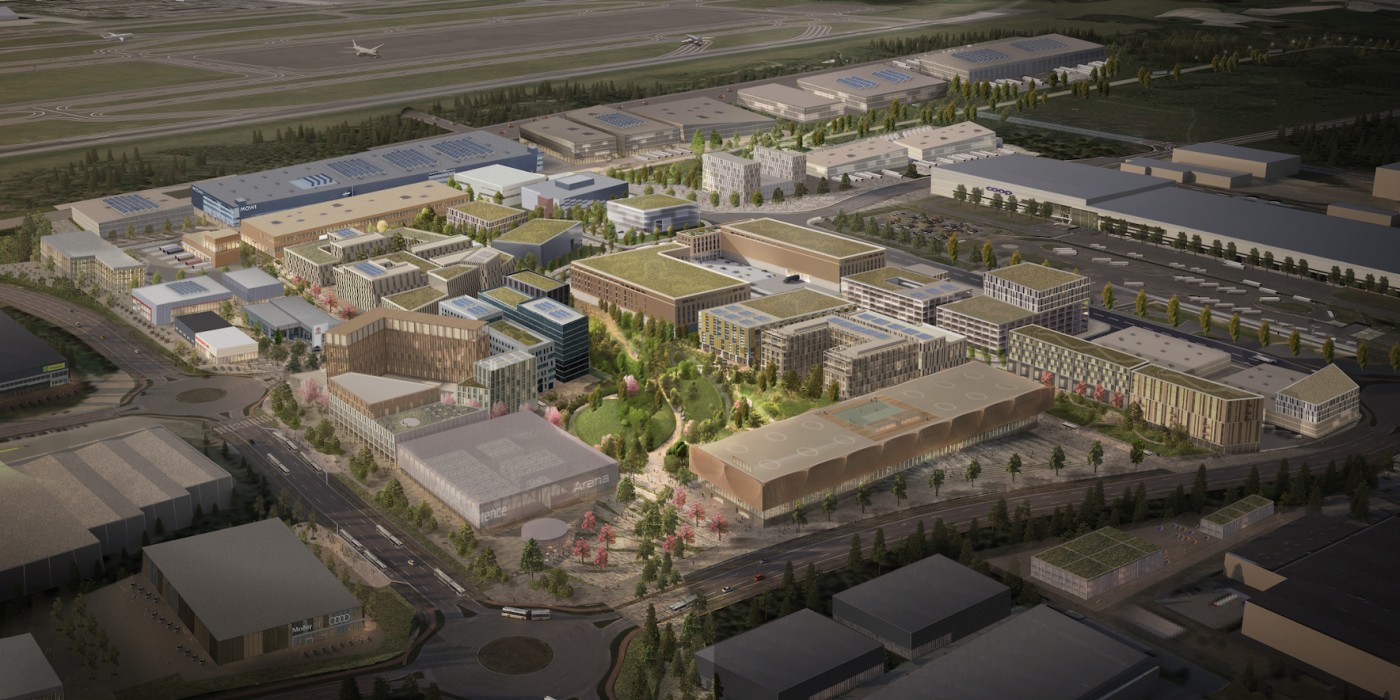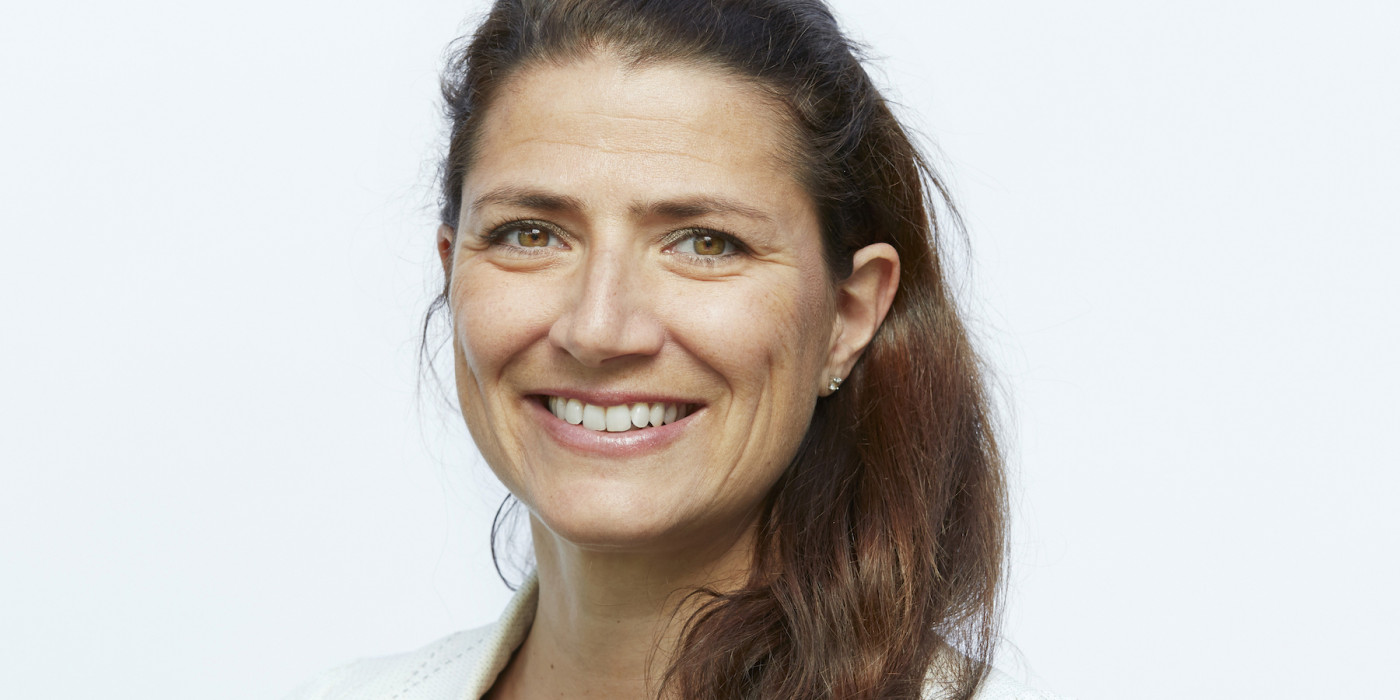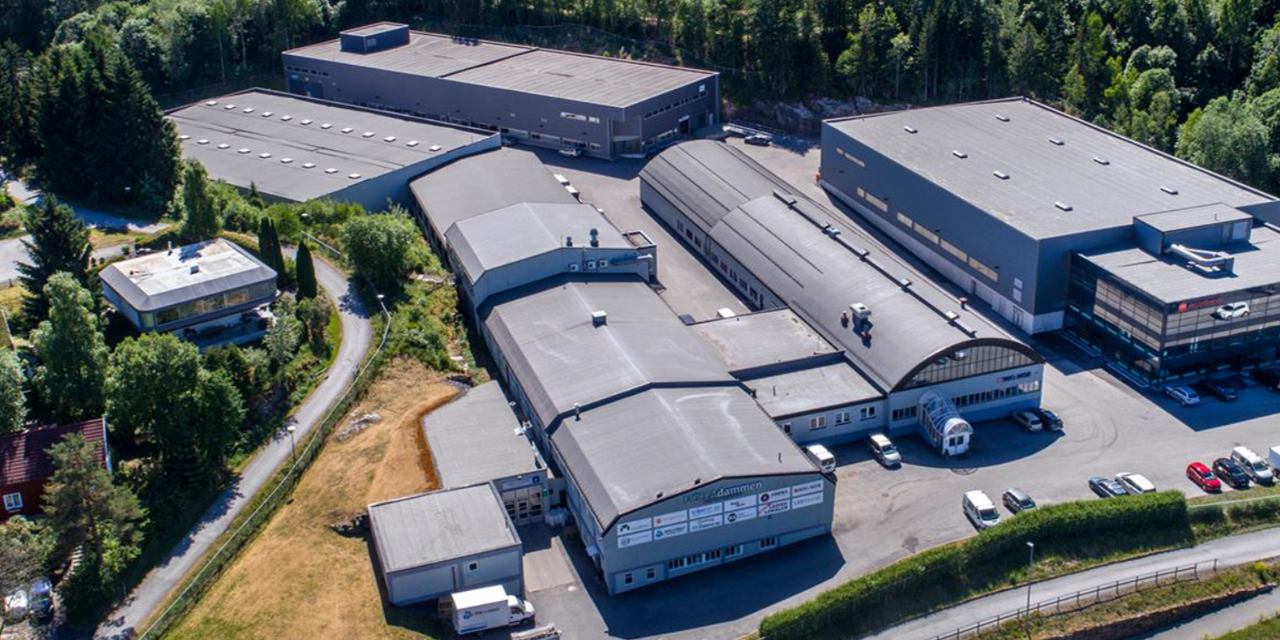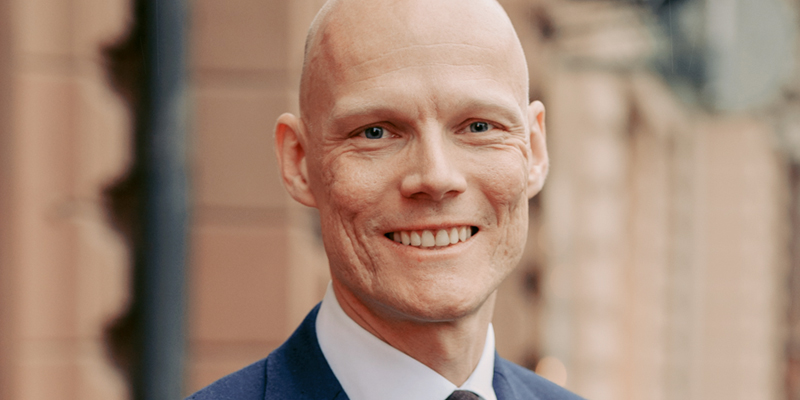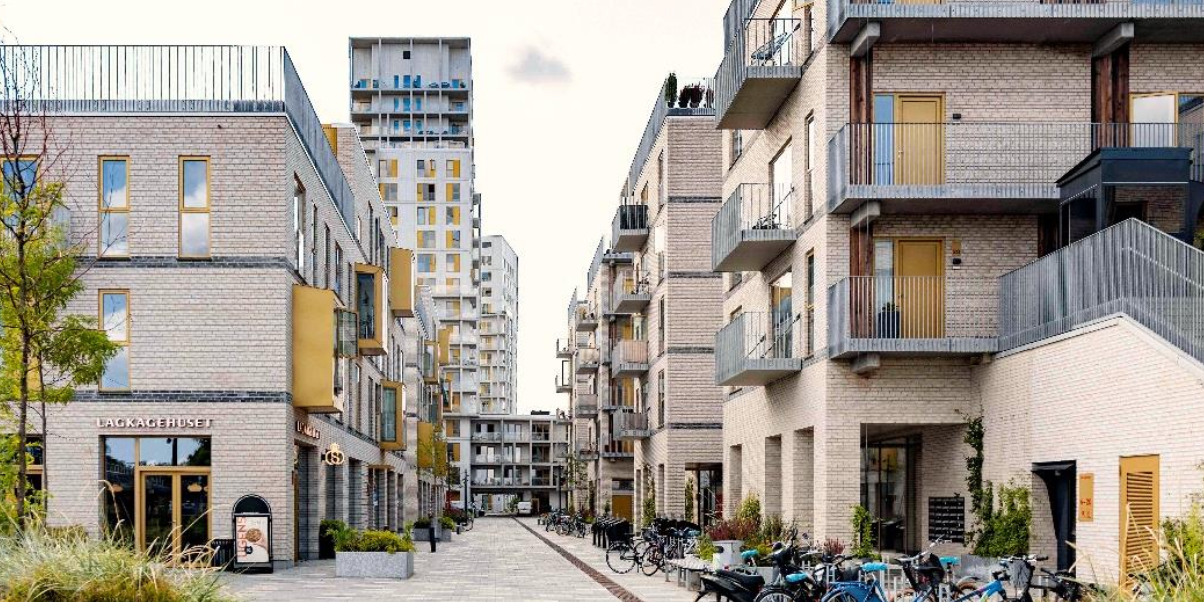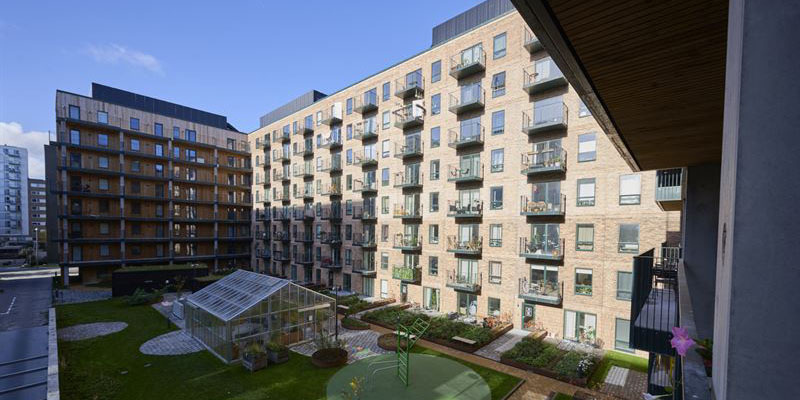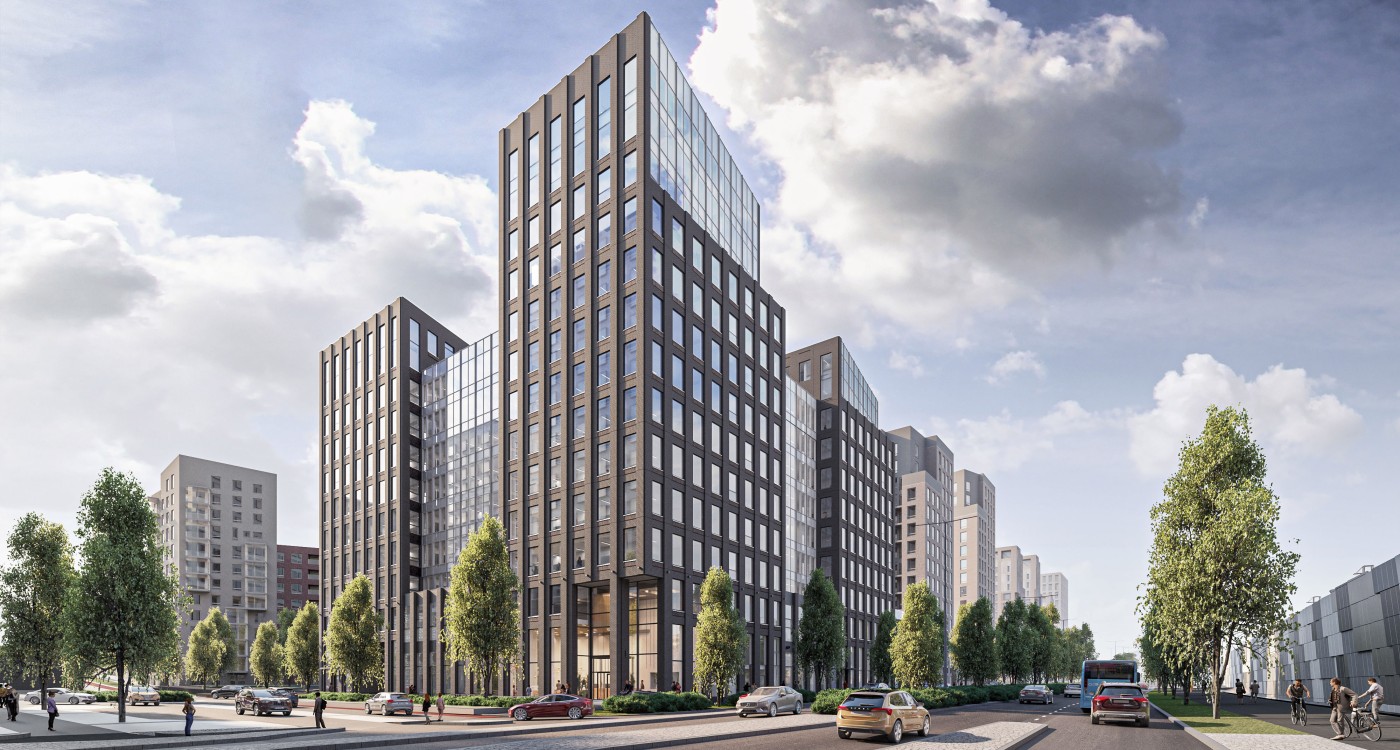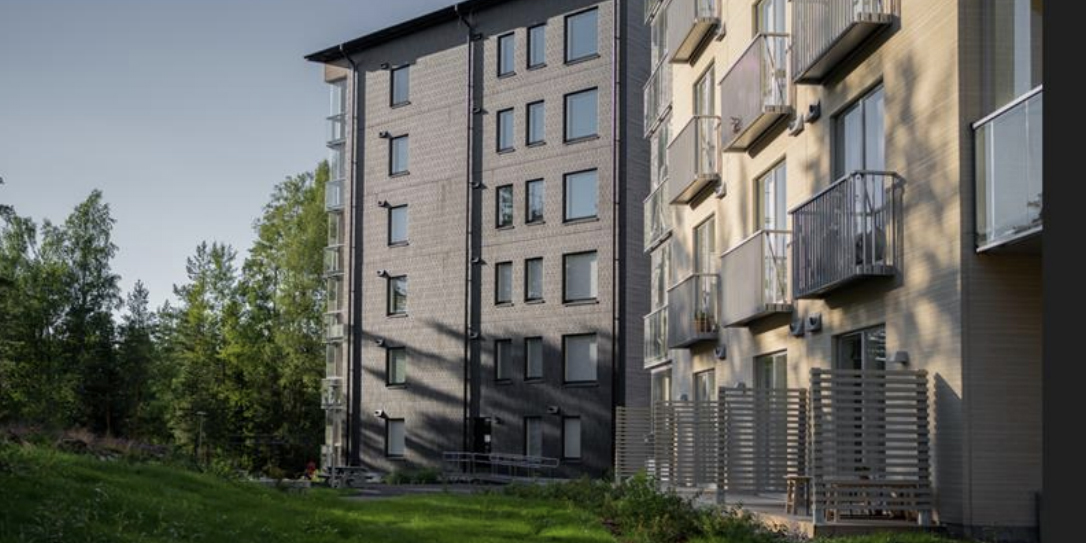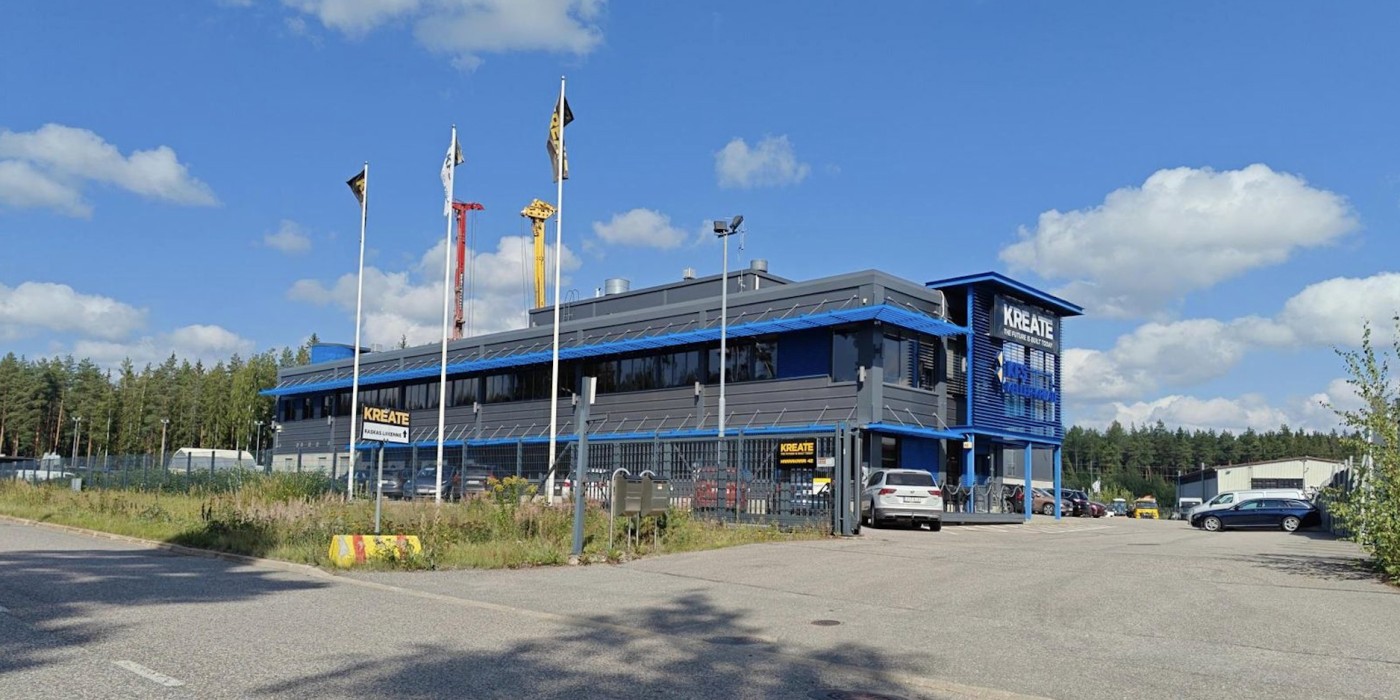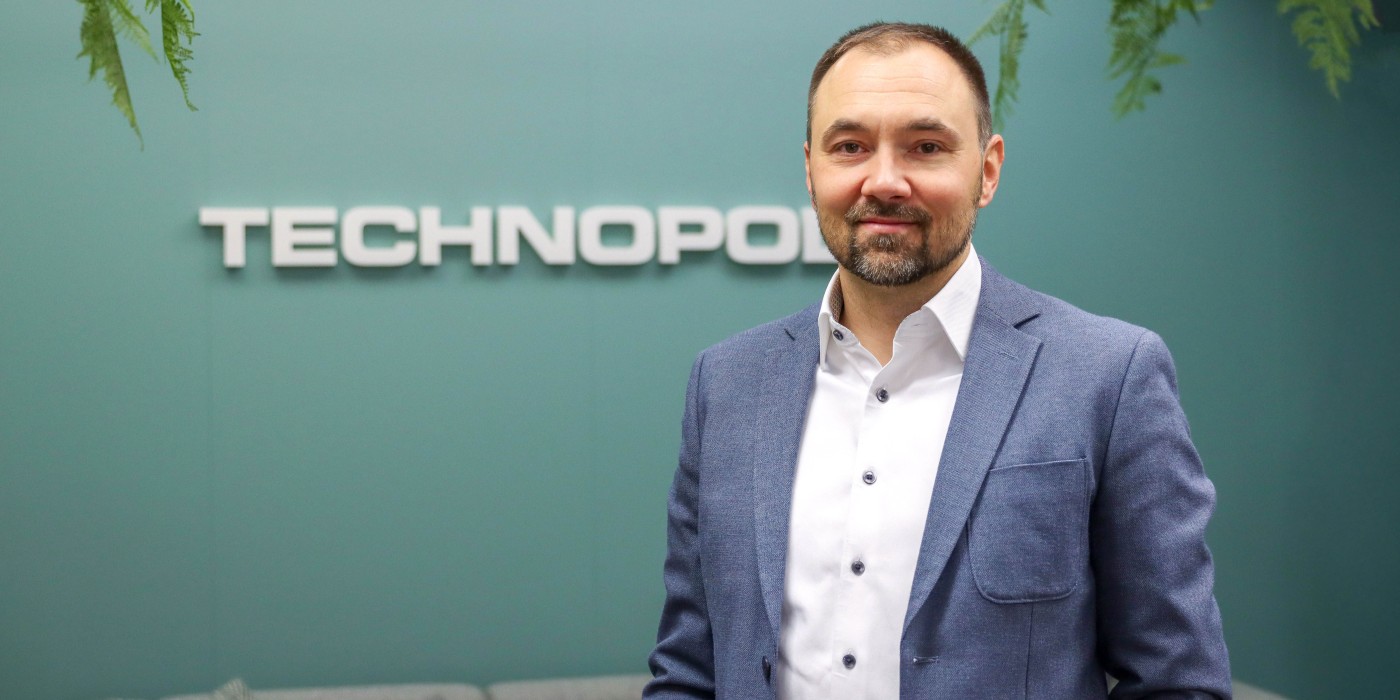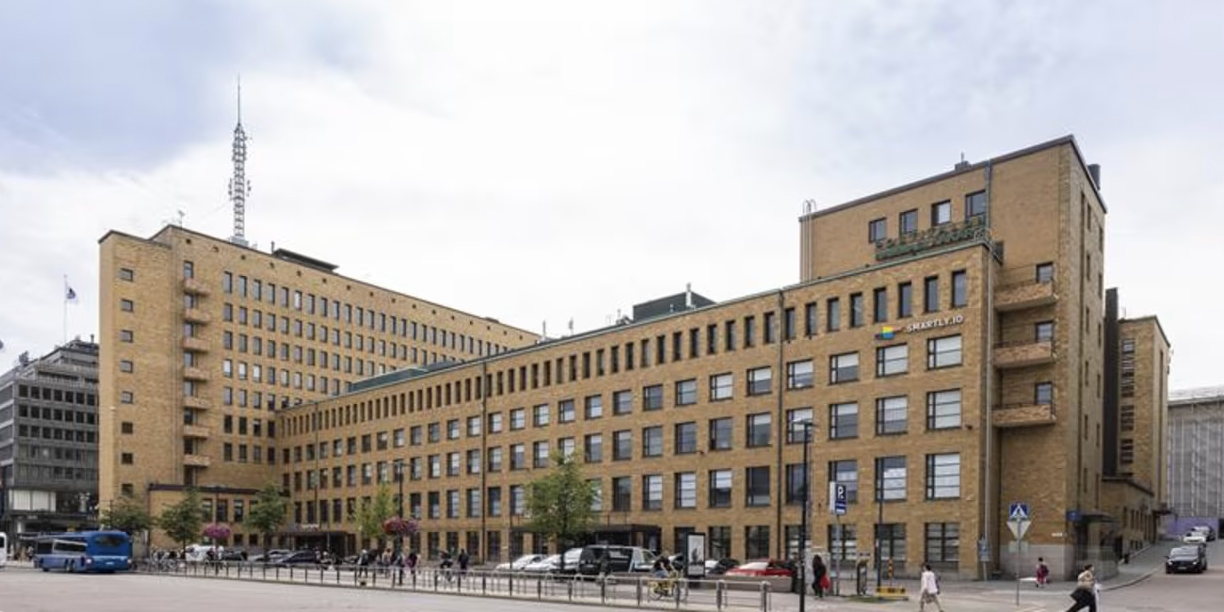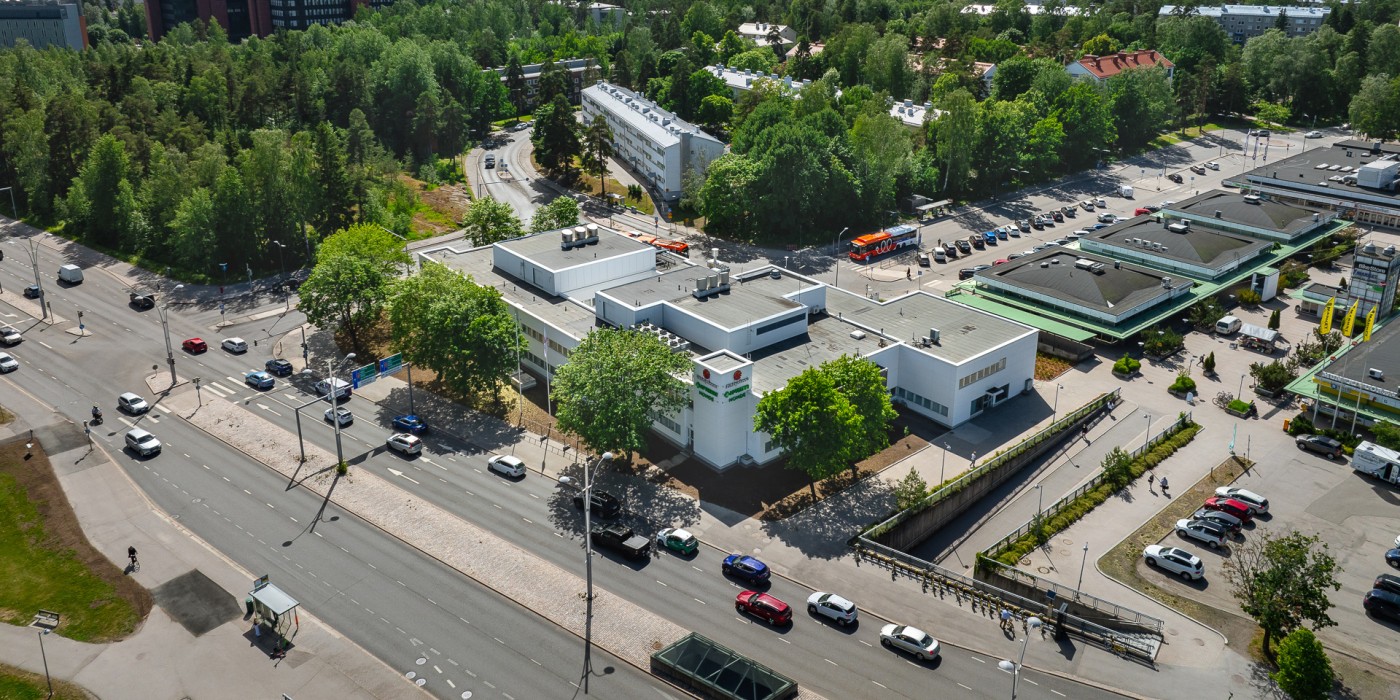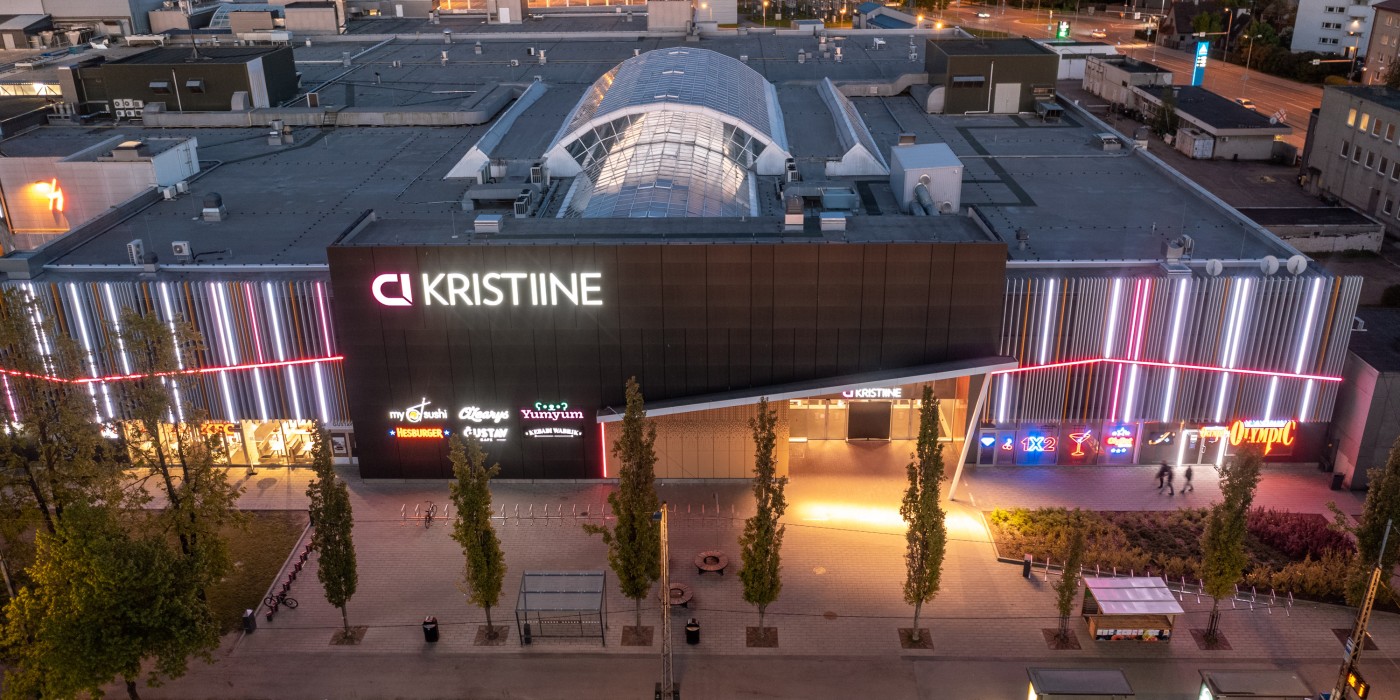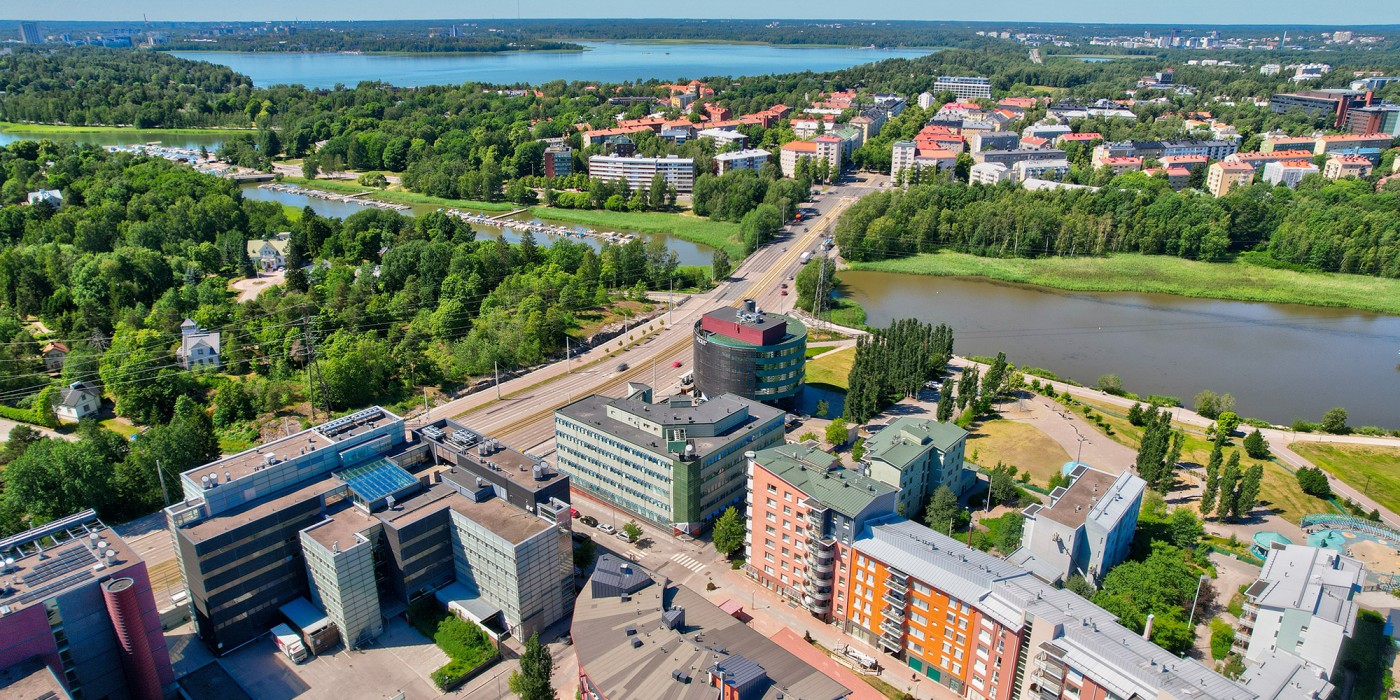There are 31 partners around Europe involved in the EU’s project. Along with Leipzig, Germany, the City of Espoo is one of the lighthouse cities of the project, where the majority of solutions are implemented. In addition, the project includes five fellow cities, where proven solutions are implemented later on: Reykjavik, Maia, Kladno, Lviv and Kifissia. The total duration of the project, which started in October 2019, is five years. Citycon was invited to SPARCS because of the Lippulaiva construction project due to its wide variety of sustainable energy solutions.
“The SPARCS project supports our sustainable development strategy and helps us find new solutions and partners to implement sustainable technologies. A key theme of SPARCS is including the residents of the city in environmental projects, which we want to also emphasise in the Lippulaiva construction project,” says Risto Seppo, Citycon’s Property Development Director.
The three main themes of the Lippulaiva construction project are energy production and storage and intelligent scaling strategies, promotion of electric-powered modes of transport and the inclusion of residents of the city.
The largest geoenergy plant in Europe for a commercial building is being built in Lippulaiva. Beneath the shopping centre, 171 wells extending to a depth of approximately 300 metres have been drilled. The power plant, developed by Adven, the leading energy company in the Nordics, will generate carbon-free energy to meet almost the entire heating and cooling needs of the shopping centre. Thanks to the large amount of renewable energy generated in the facility and its low energy consumption, Lippulaiva will become nearly a zero-energy building.
An additional useful feature of the geothermal solution is that there is no need to install condensers on the roof of the shopping centre and the space can be used for green roofs and solar panels instead. The shopping centre will have more than 3,500 square metres of green roofs, which will also help conserve energy. Solar panels will also be installed on the roof of the shopping centre to generate electricity for the shopping centre’s lifts and escalators and the illumination of the centre’s public spaces.
Services involving electric-powered modes of transport are developed in the entire area of greater Espoonlahti by providing parking spaces and charging stations for electric cars and bicycles. The current plans include a maximum of 250 charging stations for electric and hybrid cars. Ecological modes of transport are also supported by offering parking spaces for about 1,500 bicycles. A theme day around electric-powered modes of transport is also being planned.
“Lippulaiva will start a long-term collaboration with the upper comprehensive school pupils of Espoonlahti in a sponsored class programme starting this autumn. The aim is to come up with ideas for Lippulaiva and other future shopping centres together with the sponsored class. Experts from various industries will teach the pupils about sustainable energy and transport solutions in the programme. We are also looking to promote energy-positive behaviour to the residents of the city,” says Kaisa Kontu, Citycon’s Project Manager.
The new Lippulaiva will be opened in spring 2022. The gross leasable area of Lippulaiva will be 44,000 square metres and there will be about 80 retail stores and service providers in the shopping centre. Approximately eight million customers are estimated to visit the shopping centre every year.


 All Nordics
All Nordics
 Sweden
Sweden
 Denmark
Denmark
 Finland
Finland
 Norway
Norway
